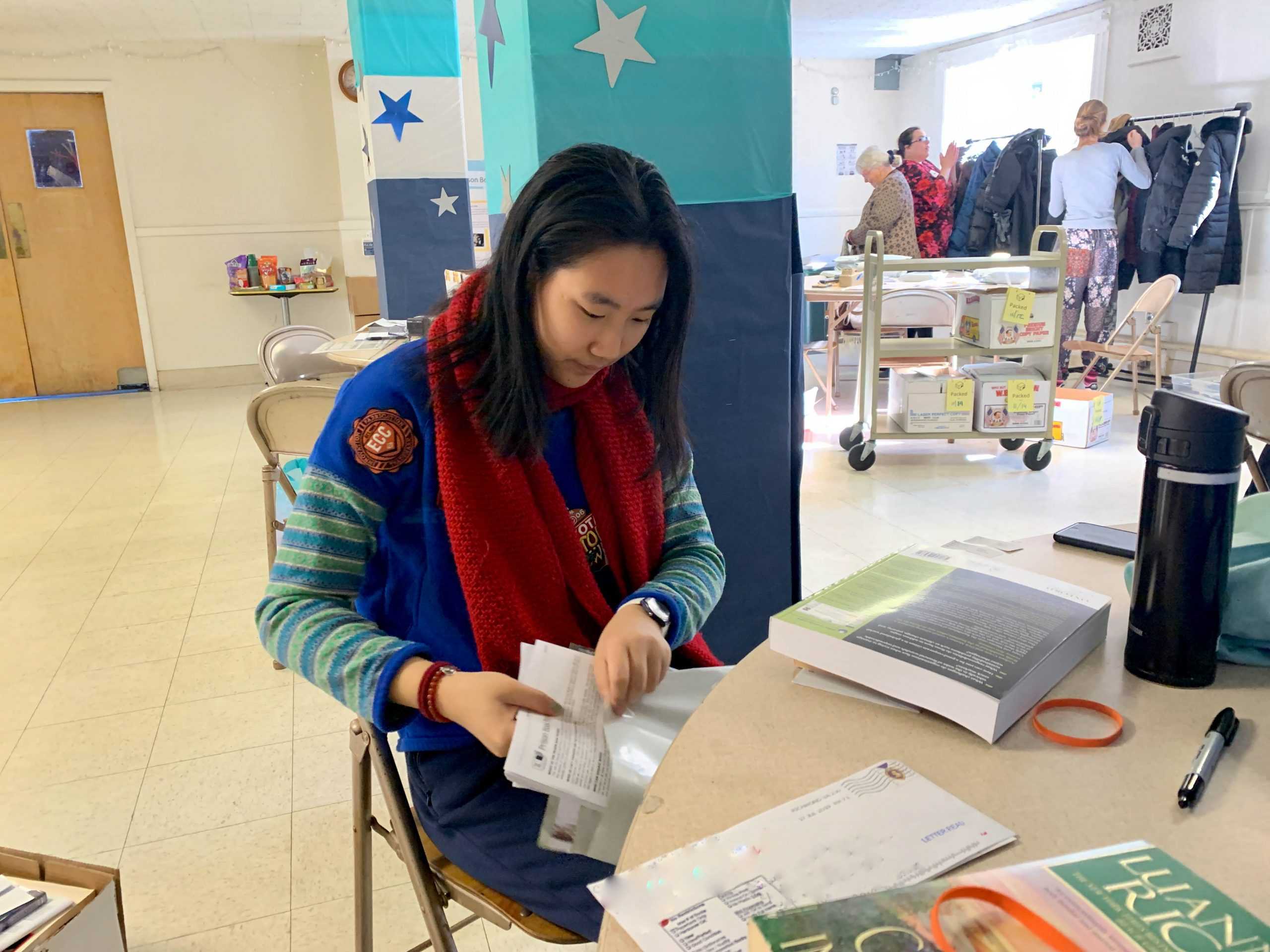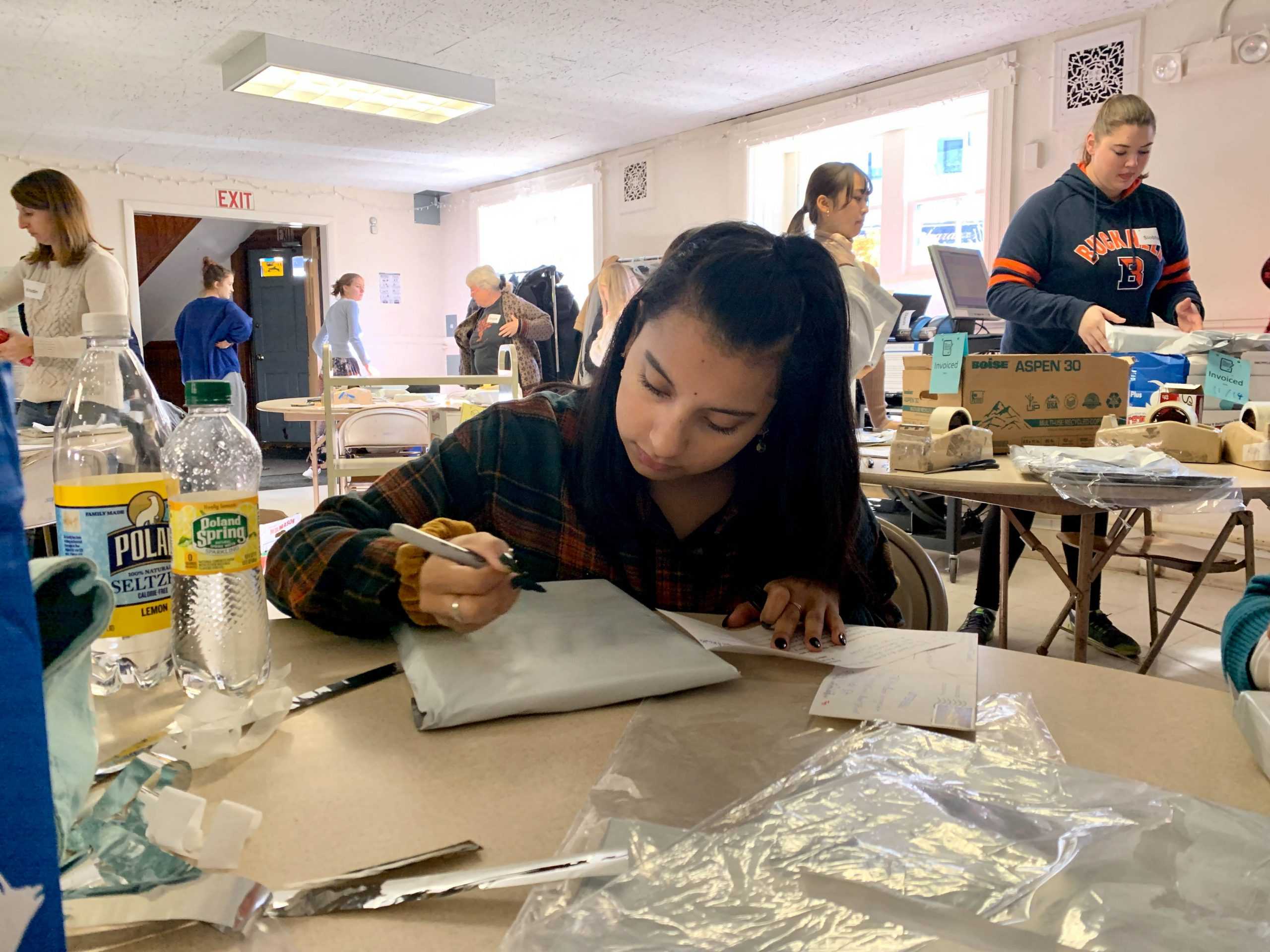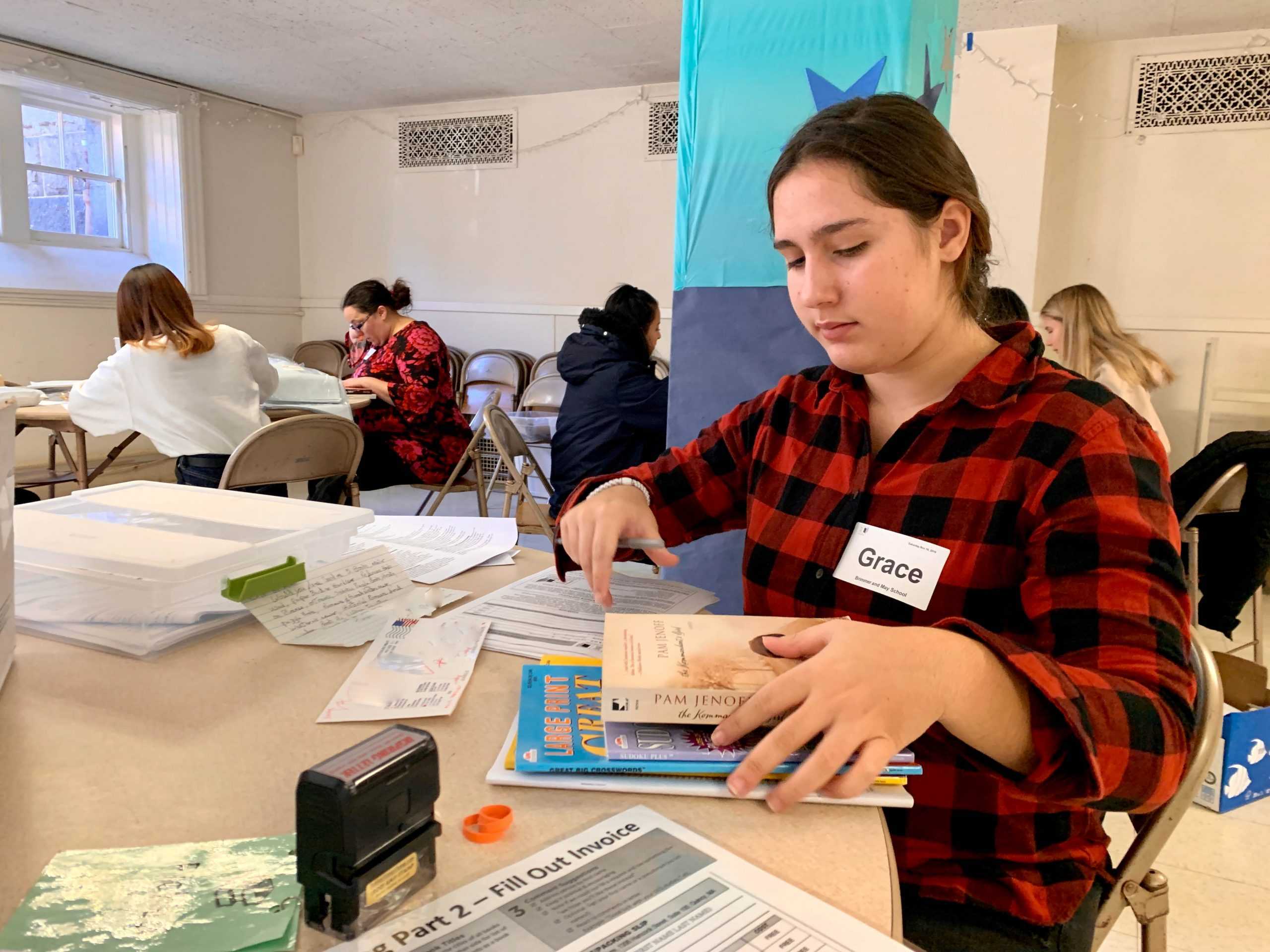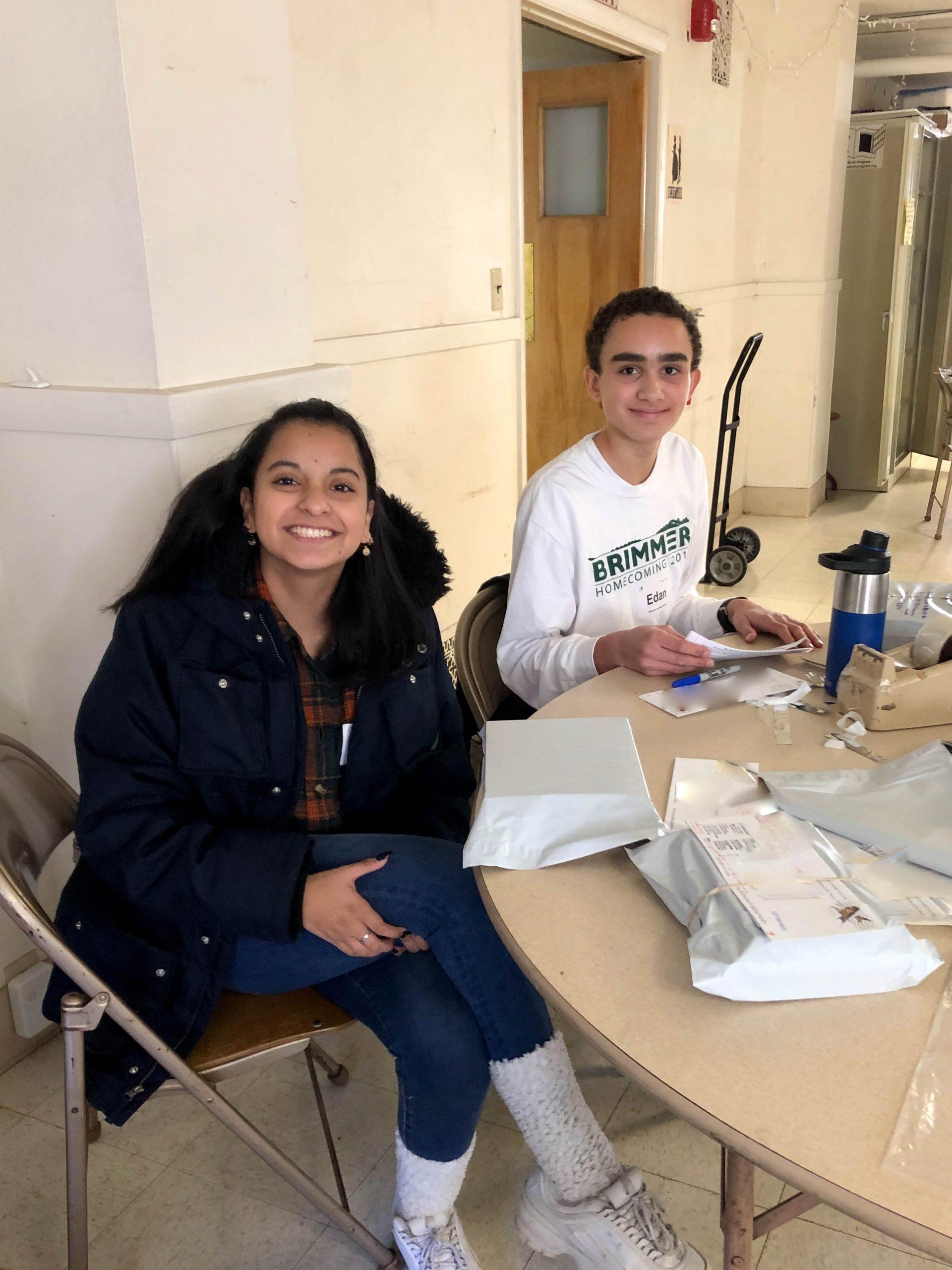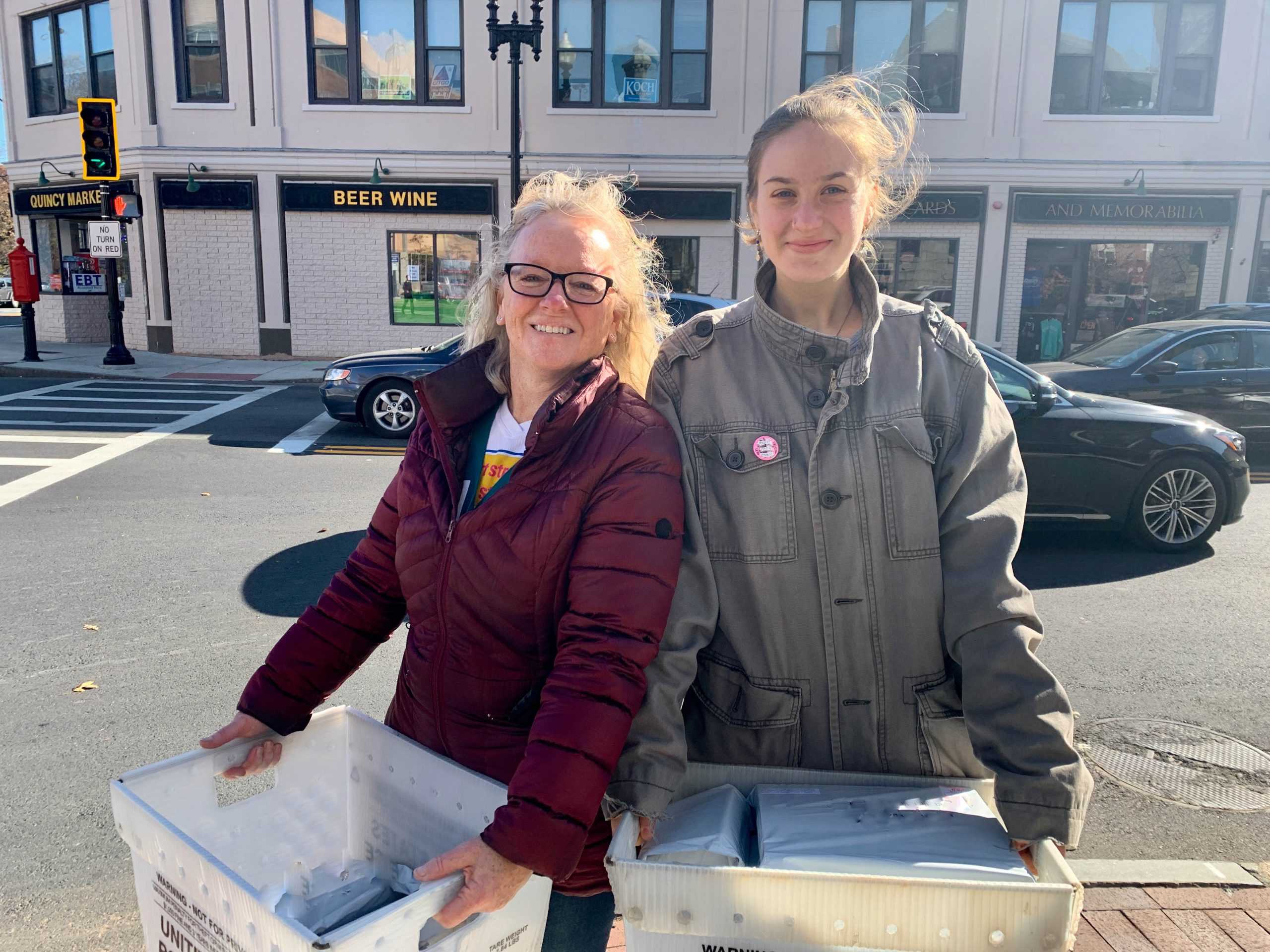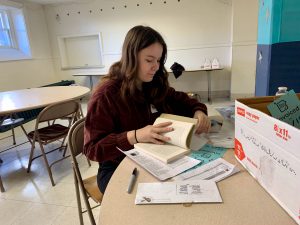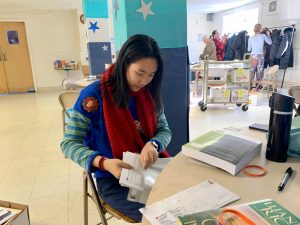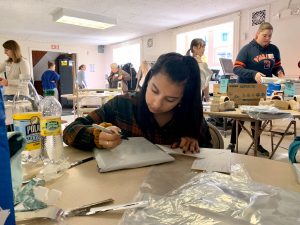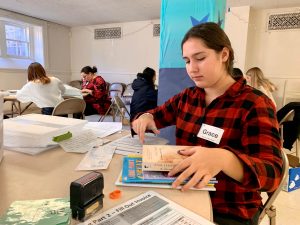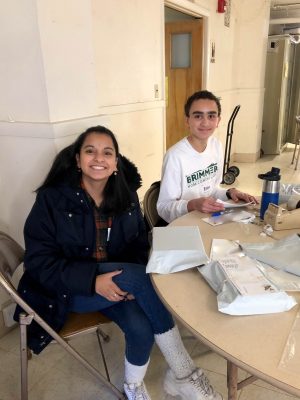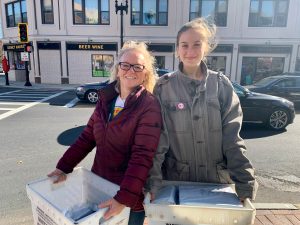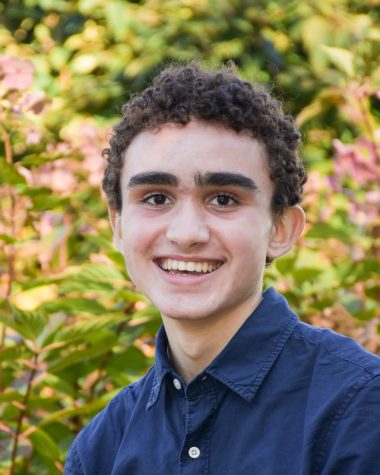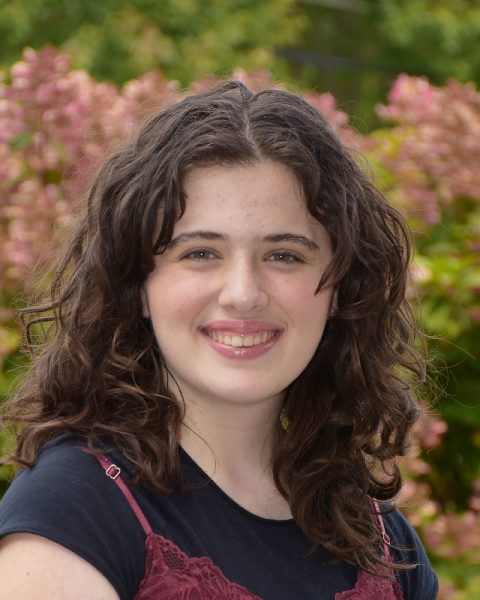Students Send Books to Prisoners
November 25, 2019
Located at the United First Parish Church in Quincy, the Prison Book Program (PBP) receives letters from prisoners across the nation, who don’t have access to a library.
Last weekend, nine students visited PBP to invoice, pack, and prepare books for shipment.
Most prisons do not allow family and friends to send books into prisons, according to PBP’s web site. Instead, they must come from a bookstore or publisher.
“I believe that as students, we learn the most through applied experiences,” said the student who introduced the program to the School in 2017. “I brought Brimmer to the program to create a resource by which my peers can learn more about the prison industrial complex through service.”
Books can be hard to come by behind bars. Most penal institutions in the United States have libraries, but they are often undermined by budget cuts and literary censorship.
PBP helps to fill these gaps and donated books to 12,614 books to prisoners in 2017 alone.
In 2009, PBP produced a video about the of the importance of their mission (below).
PBP provides books and opportunities for prisoners not just for entertainment but also to improve themselves. Some prisoners have pursued degrees and bettered their literacy skills through the program.
“Inmates are not only desperate for reading material, but also for human connection. Their letters to the program express profound pain and gratitude. Through these crudely written missives, the inmates speak volumes to me about their capacity for hope,” the student said, who is graduating this spring.
Director of Community Service Nancy Bradley plans to continue working with the initiative next fall.
“Since the student has been here, they have brought awareness to so many of us about different issues,” Bradley said. “I had never heard of the Prison Book Program, and that’s something that we will definitely continue to do at Brimmer.”
The next trip to PBP is projected to occur in December or January.
*Editors’ Note: The unidentified student requested anonymity, which The Gator granted.





















































